Are car names getting more complicated?
On By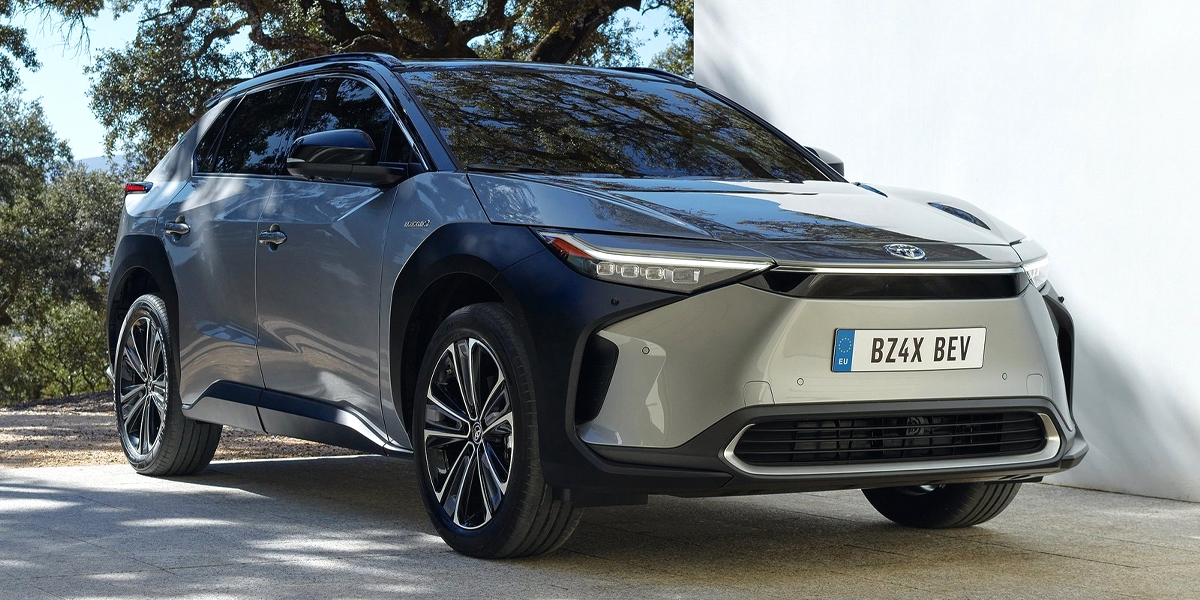
More frequently it seems major car brands are releasing vehicles that have elaborate alphanumeric names with tricky combinations of letters and numbers, but why is this and are these modern car names too complicated?
Just last year Toyota released its latest EV with a name that didn’t exactly roll off the tongue. Generally, the new Toyota bZ4X was met with praise upon its release but its name faced consistent criticism across the car community for being too forgettable.
Toyota isn’t the only culprit though, increasingly carmakers are opting to include numbers, unlikely letters (lower and uppercase) and even punctuation in the names of their latest models.
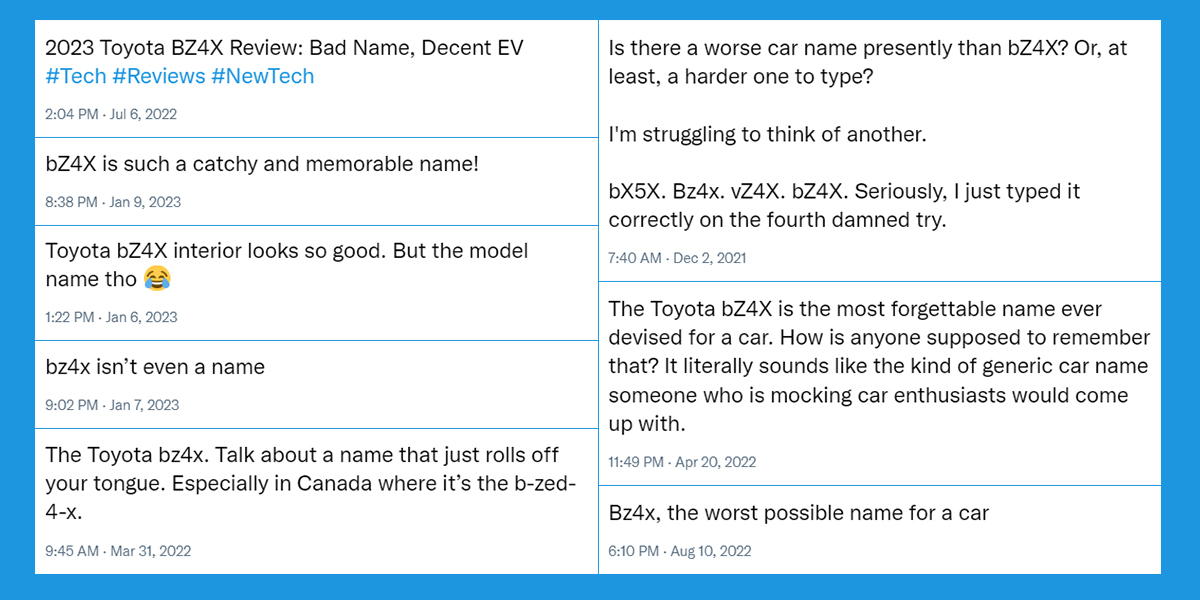
(Reaction to the bZ4X name on Twitter)
However, not all alphanumeric car names are easily forgotten. Porsche’s 911 remains iconic, alongside Jaguar’s E-Type, Ferrari’s F40 and Ford’s Model T. Even Tesla’s Model 3 and Model Y seem to have stuck and who could forget Peugeot’s 208?
So are these types of names harder or easier to remember than one-word classics like the Mustang, Beetle, Corvette, Fiesta, Golf or Cooper?
To answer this question, Vanarama conducted a survey to see if the UK public could better remember cars with ‘real’ names over alphanumeric alternatives.
UK motorists were asked "Which of these cars would you recognise if they drove by you?" for popular vehicles in the small, family and SUV segments.
The family car segment highlighted the greatest disparity with ‘real’ names showing to be almost twice as memorable than cars that had unconventional names. This trend continued in the small and SUV segments too.
Even when people were asked about vehicles under the same brand, people were far more likely to recall cars that had simple one-word names. Ferrari was used in Vanarama’s example which showed motorists more easily recognised the Ferrari Enzo, California and LaFerrari over the Ferrari 812, 488 and F8.
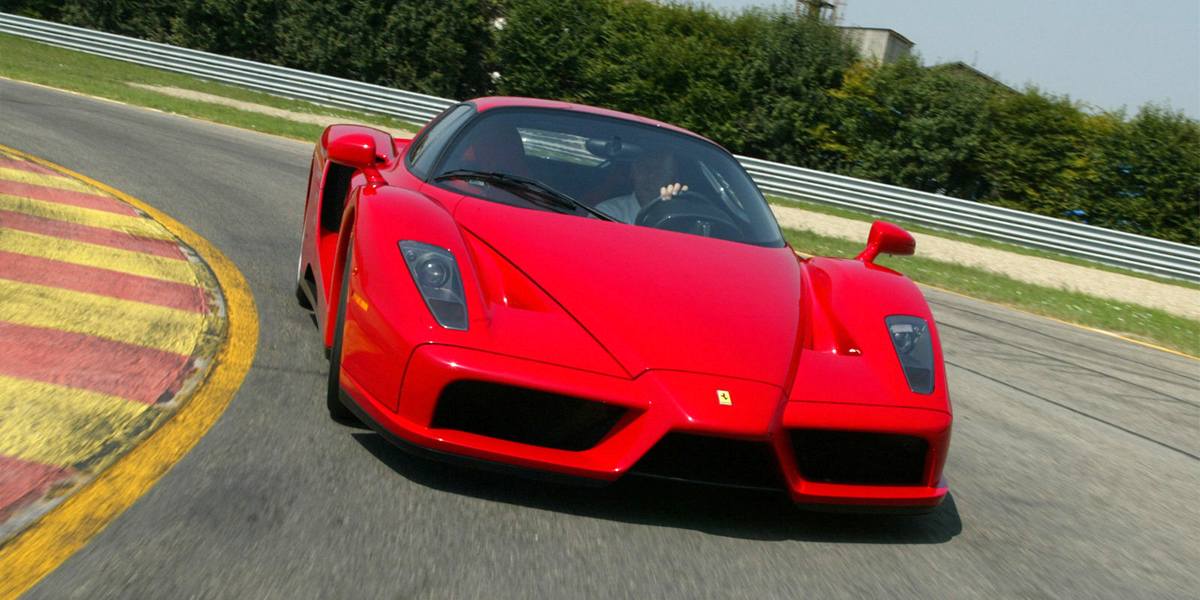
What happened to simple car names?
Around 42% of car models today include some form of alphanumeric in their name, so what happened to the classic one-word car names of the past?
The main reason why car names are getting more niche is because of trademark laws.
Although the English language contains thousands of words, there are only so many that you’d want to name a car after. With many of the unique, dynamic and exciting words already taken, car manufacturers are forced to think outside the box when labelling their next flagship model.
Trademark availability has drastically declined since the mid-1990s and as a result, manufacturers have been pushed to invent words or adapt existing words to have new unique spellings.
Trademark restrictions are also part of the reason why many manufacturers simply recycle classic names from their back catalogue rather than going through the laborious process of finding a new name.
Ford has gone down this route several times, most recently with the electric Ford Mustang Mach E where the American carmaker decided to reuse the iconic Mustang moniker, which customers are already familiar with, to launch their new premium EV in 2020.
They also recycled the classic Galaxie title that was originally assigned to a stylish 1960s saloon but now belongs to a large family MPV with a slightly more conventional ‘Galaxy’ spelling. The Ford Cougar coupe also received similar treatment when it was transformed into the Ford Kuga SUV in the late 2000s.
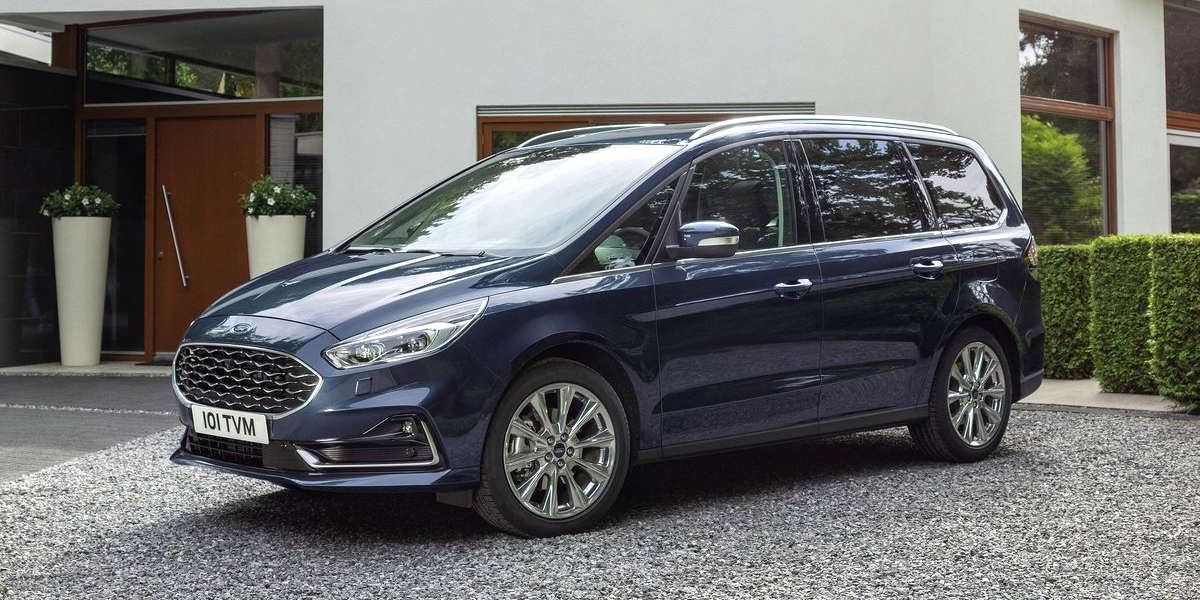
How do big car brands name their new models?
When manufacturers do decide to give their latest car a new name, the process is long and well thought-out with lots of strategic considerations.
Not only does a new model name need to sound appealing, but it also needs to make sense within the greater car market and within its brand's own line-up.
A lot of manufacturers opt for consistency across their range. Volkswagen names models after winds (Volkswagen Jetta, Passat and Scirocco), Lamborghini names models after bulls (Lamborghini Urraco, Jalpa and Diablo) and Ford favours models that start with an ‘F’ (Ford Focus, Fiesta and Fusion).
Over time, certain letters have also come to indicate specific vehicle characteristics and so manufacturers have to carefully consider how they spell their new model so that it makes sense across the broader market.
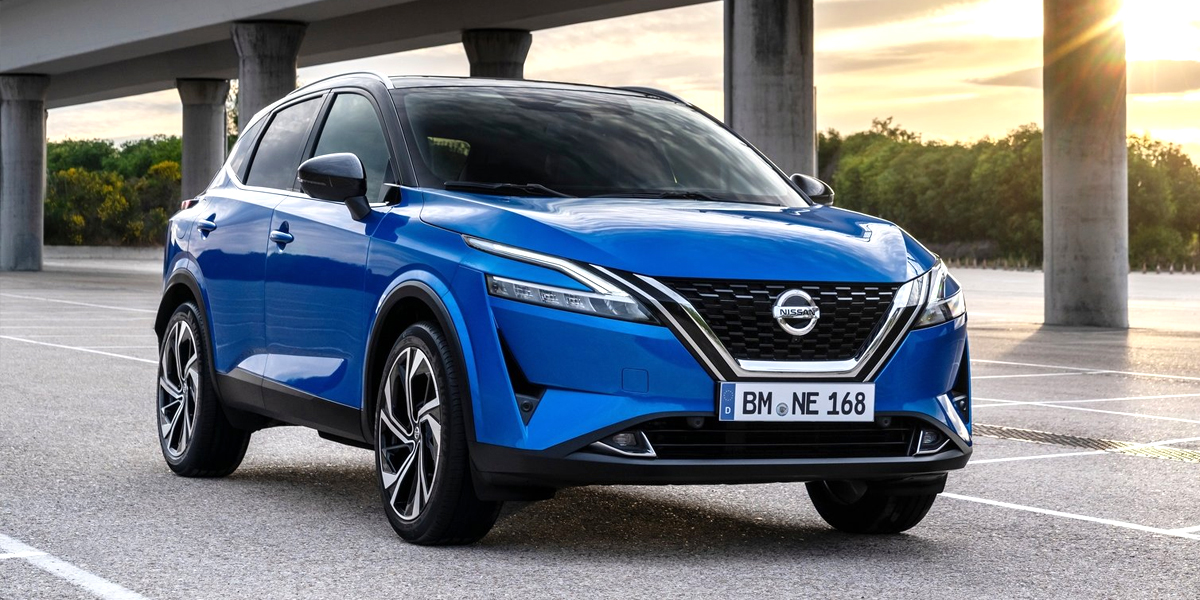
Thanks to cars like the Nissan Qashqai and Skoda Karoq, The letters ‘Q’ and ‘K’ have come to imply ruggedness and practicality. ‘E’ and ‘I’ have also come to signify electrified cars, with EVs often having scientific, high-tech sounding names like the Hyundai Ioniq 5 or the Audi e-tron.
And to add another obstacle to the naming process, a car’s name needs to work in different cultures and languages so that it can be sold and marketed effectively across the globe.
All too often manufacturers have created names that have unfortunate translations in other languages such as the aforementioned Audi e-tron, which in French (étron) means ‘turd’. Toyota’s MR2 (which sounds like ‘merde’ in French) was also sold as the MRS in France for similar reasons.
Conclusion
As the years go by it becomes more and more tricky for car manufacturers to come up with original and appealing names for their latest models that don’t infringe on trademark laws.
Naming a new model is a minefield for marketing teams that have to come up with a snappy and memorable title to best describe the vehicle that they’re trying to sell within a crowded industry filled with many pre-existing naming conventions and language barriers.
As manufacturers head towards fully electric line-ups and are pushed to get more ambitious with their naming decisions, don't be surprised if you come across more names like Toyota's bZ4X in the future.

